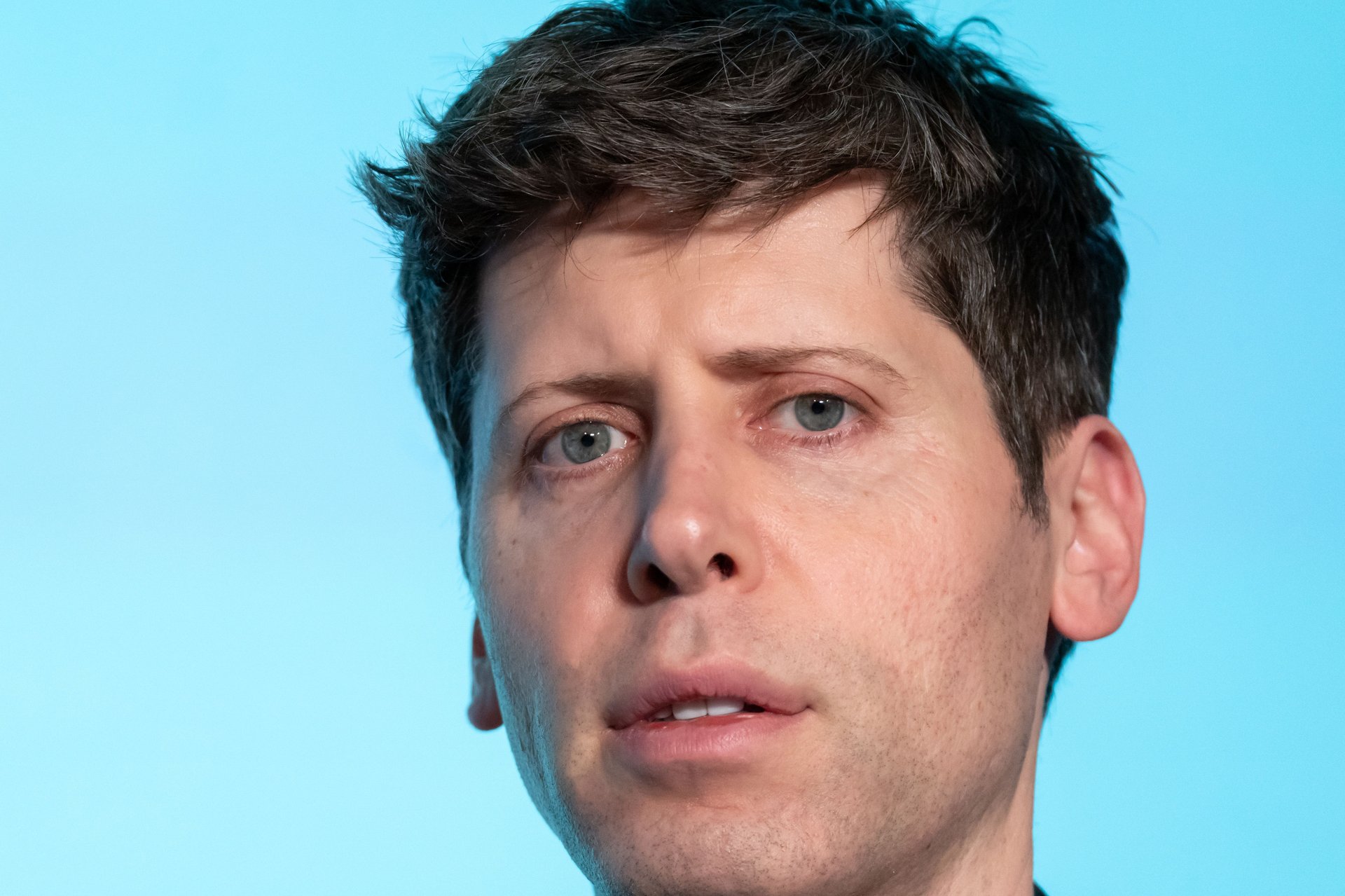OpenAI wants nothing to do with Robinhood tokens
The startup behind ChatGPT isn’t happy about Robinhood’s attempt to bring private equity onto the blockchain

Getty Images / Tomohiro Ohsumi
OpenAI shared a stark warning on Thursday: We have nothing to do with Robinhood’s tokenized equities.
Suggested Reading
The retail trading platform announced on Monday that tokenized versions of over 200 U.S. stocks and exchange-traded funds (ETFs) are now available to EU customers. The news caused Robinhood’s share price to surge about 10% in just one day, reaching an all-time high.
Related Content
But it's not just the big, publicly traded names like Nvidia and Apple that are up for grabs— private companies such as SpaceX and OpenAI are also in the mix.
But the startup behind ChatGPT isn’t happy about Robinhood’s attempt to bring private equity onto the blockchain.
“These 'OpenAI tokens' are not OpenAI equity. We did not partner with Robinhood, were not involved in this, and do not endorse it. Any transfer of OpenAI equity requires our approval — we did not approve any transfer,” the startup wrote in an X post on Wednesday. “Please be careful,” it added. Robinhood’s share price tumbled almost 4% on Thursday following the warning.
To promote adoption, Robinhood is offering EU users a €5 credit each in OpenAI and SpaceX tokens — drawing from a promotional pool of $1M for OpenAI and $500k for SpaceX — if they start trading by July 7. Dividends will pass through to token holders. However, voting rights remain with Robinhood, which holds the actual shares.
“While it is true that they aren’t technically ‘equity,’ […] the tokens effectively give retail investors exposure to these private assets,” said Robinhood CEO Vlad Tenev in a post on X on Wednesday. “Our giveaway plants a seed for something much bigger, and since our announcement we’ve been hearing from many private companies that are eager to join us in the tokenization revolution.”
So, how is Robinhood able to give investors a cut of private shares? Spokesperson Rouky Diallo told TechCrunch that OpenAI tokens offer retail investors indirect exposure “through Robinhood’s ownership stake in a special purpose vehicle (SPV).” This implies Robinhood owns shares of an SPV that controls a certain number of OpenAI’s shares. However, shares of SPVs are not direct ownership of shares, but rather, signify ownership in a vehicle that owns the shares. Thus, Robinhood is tying the price of its OpenAI tokens to the price of its shares in that SPV, despite the latter being known to diverge in price from the net asset value (NAV) of the underlying assets.
Likewise, when it comes to tokenized public stocks, Robinhood notes that when buying any of these tokens, “you are buying tokenized contracts that follow their price, recorded on a blockchain,” rather than stocks themselves, according to its help center.
While OpenAI and SpaceX tokens may serve as attempts to democratize private equity, what’s the appeal of “stock tokens”? Firstly, tokenization can bring the steep returns of tech-heavy S&P 500 to more European investors. It also merges the appeal of Wall Street assets with a key characteristic of cryptocurrency trading: round-the-clock trading on the Arbitrum blockchain (although, this will only be available Monday-Friday, unlike the 24/7 programming of crypto exchanges). Fees on transactions also pale in comparison to the fees a traditional asset manager takes from their client’s portfolio.
Tenev described the move in Cannes as opening the door to “a massive trading revolution,” laying the groundwork for Robinhood’s own forthcoming Layer‑2 blockchain, aimed at enabling 24/7 trading and self-custody.
